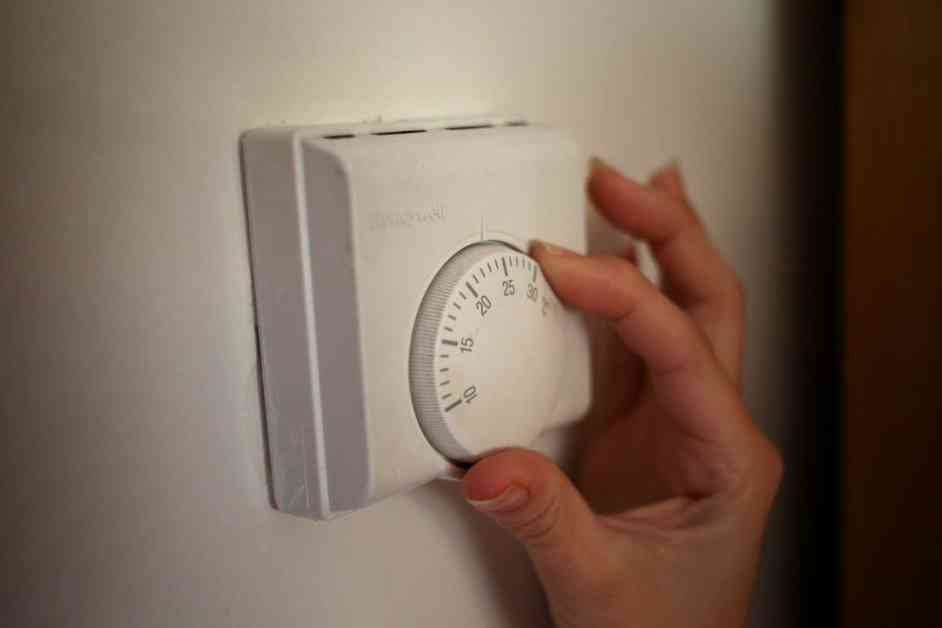The energy price cap is set to increase in January for the second consecutive time, resulting in a 1.2% rise in bills. This change will bring the average household energy bill to £1,738, which is £21 more than the previous cap from October to December. However, the new cap for January to March 2025 will be £190 cheaper compared to the same period in 2024.
The energy price cap serves as the maximum amount that energy suppliers can charge for each unit of energy for those on a standard variable tariff, which includes the majority of households. It is calculated as an annual bill for an average home. Tim Jarvis, the director general of markets at Ofgem, acknowledged that while the price cap has remained relatively stable, the cost of energy continues to be a challenge for many households. He encouraged customers to explore different tariffs and options to potentially lower their bills.
The fluctuation in energy prices is influenced by various factors, including wholesale energy prices and events in international markets. The UK’s dependency on volatile global markets, coupled with ongoing developments in regions like Russia and the Middle East, contributes to the price changes. Rising energy costs have been identified as a significant contributor to inflation exceeding the Bank’s 2% target in October, reaching an unexpected 2.3%.
Looking ahead, Ofgem is evaluating the future of price protection, considering the effectiveness of the price cap and the potential implementation of a permanent ban on acquisition tariffs aimed at attracting new customers. Charities, such as the National Energy Action and Scope, have expressed concerns over the impact of another price increase, particularly on vulnerable groups like disabled individuals who require additional energy for health and mobility needs.
Secretary of State for Energy Security and Net Zero Ed Miliband emphasized the Government’s commitment to supporting families grappling with the rising cost of living. Initiatives such as home insulation, the Warm Home Discount for three million families, and increased pension credit uptake aim to alleviate the burden on vulnerable consumers. Miliband highlighted the importance of transitioning to clean energy sources to enhance energy security, reduce costs, and diminish reliance on volatile fossil fuel markets.
As the energy price cap continues to fluctuate, it is essential for consumers to stay informed about available tariffs and support schemes. By exploring different options and staying aware of market trends, households can potentially mitigate the impact of price increases and manage their energy bills effectively. Stay informed, stay proactive, and stay empowered when it comes to navigating the changing landscape of energy prices.












